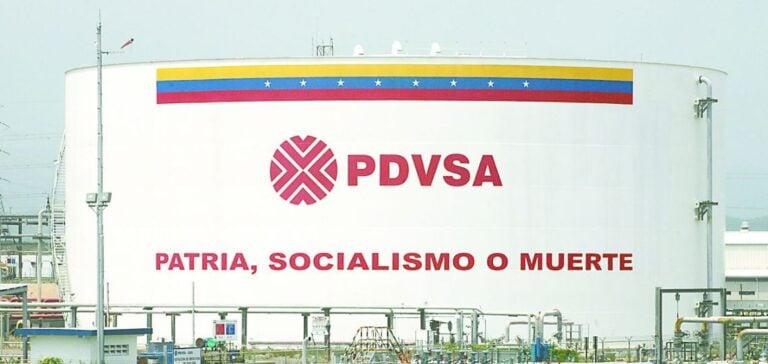Recently, images of Tareck El Aissami, handcuffed between police officers, revealed the extent of corruption within PDVSA. This event marks the latest in a series of scandals that have severely affected the national oil company, Petroleos de Venezuela, with losses estimated at $17 billion, according to the NGO Transparencia Venezuela.
Exploiting sanctions and the black market
Officials took advantage of US sanctions and the oil embargo to organize black-market oil sales. The currency of these illegal transactions was often crypto-currency, complicating efforts to trace and recover misappropriated funds.
Arrests and impact of investigations
Some 60 people have been arrested in connection with this case, including key figures such as El Aissami. Since 2017, at least 31 investigations have been launched, leading to over 300 arrests, a sign of the ongoing but difficult fight against endemic corruption in Venezuela’s oil industry.
PDVSA: A nest of corruption
Mercedes De Freitas from Transparencia Venezuela explains that PDVSA has long been the main source of corruption in the country, as the company is the only major generator of foreign currency. The sums of money involved are so large that they could have solved Venezuela’s chronic electricity crises.
Reforms and recovery attempts
Faced with this rampant corruption, President Nicolas Maduro has proposed a constitutional reform to impose life imprisonment for major corruption cases. At the same time, Pedro Tellechea, PDVSA’s new CEO, has initiated some 300 audits to clean up the organization, a move aimed at establishing transparency and reducing the systematic theft that has long characterized PDVSA.
The Venezuelan government’s efforts to counter corruption at PDVSA illustrate the major challenges of managing natural resources in a volatile political and economic context. The road to real transparency and accountability is a long one, and the results of these reforms are crucial to Venezuela’s economic future.





















